Description
Why Choose LEVITRA
LEVITRA (vardenafil HCl) is an FDA-approved oral prescription medication for the treatment of erectile dysfunction (ED) in men. It belongs to a class of drugs called “PDE5 inhibitors.”
It works by increasing blood flow to the penis to help improve erectile function. The active ingredient in LEVITRA works specifically on the chain of events that occurs in the penis during arousal, when two large chambers in a man’s penis fill with blood.
Taking Available Form
● It is available in 20-mg tablets.
● LEVITRA may be taken with or without food.
● Take LEVITRA no more than once a day, at least 24 hours apart.
● LEVITRA is taken orally, approximately 60 minutes before sexual activity.
Forget the Rumors
● LEVITRA is not a magic pill or an aphrodisiac (a substance such as a food or drug that arouses or is believed to arouse sexual desire); it will not increase sexual desire.
● It should not give you an instant erection; you’ll need to be sexually stimulated for it to work.
● It should not leave you erect for hours. If an erection lasts more than 4 hours, get medical help right away.

Getting Results
● LEVITRA works for many men with ED, but if it doesn’t work the first couple of times, ask your doctor about adjusting the dose
● LEVITRA works for many men with ED who also have a general range of conditions, including diabetes
● LEVITRA works for many men with ED, including those who have had a radical prostatectomy
● Results may vary.
Indication
LEVITRA is a prescription medicine used for the treatment of erectile dysfunction (ED) in men.
Important Safety Information
LEVITRA can cause your blood pressure to drop suddenly to an unsafe level if it is taken with certain other medicines. With a sudden drop in blood pressure, you could get dizzy, faint, or have a heart attack or stroke.

Who Should Not Taking LEVITRA
● Take any medicines called “nitrates”. Nitrates are commonly used to treat angina. Angina is a symptom of heart disease and can cause pain in your chest, jaw, or down your arm. Medicines called nitrates include nitroglycerin that is found in tablets, sprays, ointments, pastes, or patches. Nitrates can also be found in other medicines such as isosorbide dinitrate or isosorbide mononitrate. Some recreational drugs called “poppers” also contain nitrates, such as amyl nitrate and butyl nitrate.
● Do not use LEVITRA if you are using these drugs. Ask your healthcare provider if you are not sure if any of your medicines are nitrates.
● You have been told by your healthcare provider to not have sexual activity because of health problems. Sexual activity can put an extra strain on your heart, especially if your heart is already weak from a heart attack or heart disease.
● Allergic to LEVITRA or any of its ingredients. The active ingredient in LEVITRA is called vardenafil.
● LEVITRA is not recommended for men with uncontrolled high blood pressure.
LEVITRA does not protect a man or his partner from sexually transmitted diseases, including HIV.
If you have any of these other conditions, you may need a LEVITRA dose adjustment or special tests:
● have heart problems such as angina, heart failure, irregular heartbeats, or have had a heart attack—ask your doctor if it is safe for you to have sexual activity.
● have low blood pressure or have high blood pressure that is not controlled.
● have had a stroke.
● have had a seizure.
● haves any family members have a rare heart condition known as prolongation of the QT interval (long QT syndrome).
● have liver problems.
● have kidney problems and require dialysis.
● have retinitis pigmentosa, a rare genetic (runs in families) eye disease.
● have ever had severe vision loss, or if you have an eye condition called non-arteritic anterior ischemic optic neuropathy (NAION).
● have stomach ulcers.
● have a bleeding problem.
● have a deformed penis shape or Peyronie's disease.
● have had an erection that lasted more than 04 hours.
● have blood cell problems such as sickle cell anemia, multiple myeloma, or leukemia.
● have hearing problems.
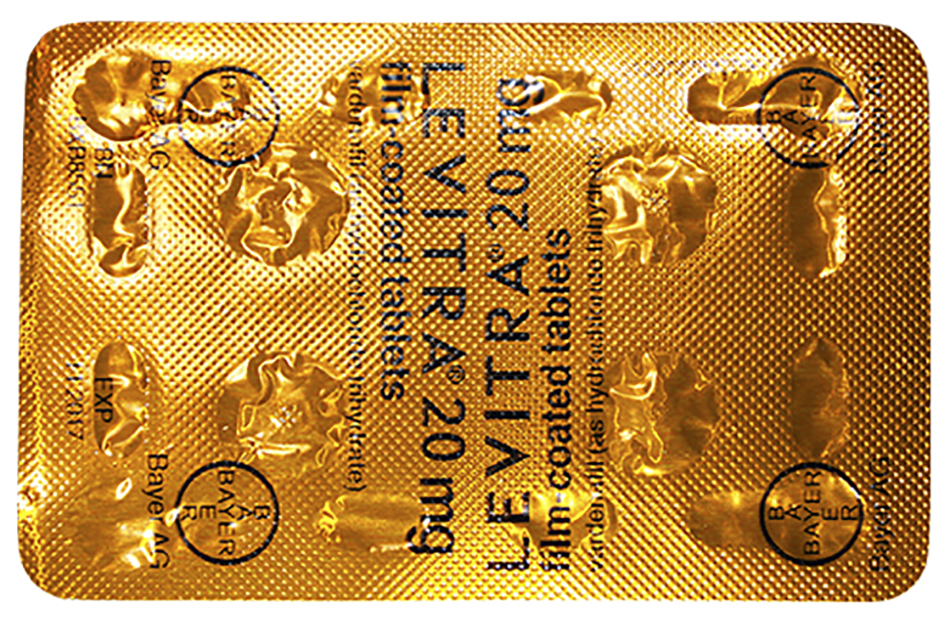
Before taking LEVITRA
LEVITRA and other medicines may affect each other, including prescription and non-prescription medicines, vitamins, and herbal supplements. If you are also using medicines called alpha-blockers. These include Hytrin® (terazosin HCl), Flomax® (tamsulosin HCl), Cardura® (doxazosin mesylate), Minipress® (prazosin HCl), Uroxatral® (alfuzosin HCl), or Rapaflo® (silodosin). Alpha-blockers are sometimes prescribed for prostate problems or high blood pressure. In some patients the use of PDE5 inhibitor drugs, including LEVITRA, with alpha-blockers can lower blood pressure significantly, leading to fainting. You should contact the prescribing physician if alpha-blockers or other drugs that lower blood pressure are prescribed by another healthcare provider
Ritonavir (Norvir®) or indinavir sulfate (Crixivan®), saquinavir (Fortavase®) or (Invirase®) or atazanavir (Reyataz®), or other HIV protease inhibitors, Ketoconazole or itraconazole (such as Nizoral® or Sporanox®) Erythromycin or clarithromycin
Stop using medicines that treat abnormal heartbeat. These include quinidine, procainamide, amiodarone, and sotalol. Patients taking these drugs should not use LEVITRA .

.png)
Do not use LEVITRA with other medicines or treatments for ED.
LEVITRA comes in different doses. For most men, the recommended starting dose from half tablet of 20 mg.
Do not take more than one tablet of LEVITRA per day. Doses should be taken at least 24 hours apart. Some men can take only a low dose of LEVITRA because of medical conditions or medicines they take.
● If you are older than 65 or have liver problems, you may start you on a lower dose of LEVITRA
● If you have prostate problems or high blood pressure for which you take medicines called alpha-blockers, you may start you on a lower dose of LEVITRA
● If you are taking certain other medicines your may starting lower dose and limit you to one dose of LEVITRA in a 72-hour (3 days) period.
The most common side effects with LEVITRA are headache, flushing, stuffy or runny nose, indigestion, upset stomach, dizziness, and back pain.
LEVITRA may uncommonly cause:
● An erection that won't go away (priapism). If you get an erection that lasts more than 4 hours, get medical help right away. Priapism must be treated as soon as possible or lasting damage can happen to your penis including the inability to have erections.
● Color vision changes, such as seeing a blue tinge to objects or having difficulty telling the difference between the colors blue and green.
In rare instances, men taking PDE5 inhibitors (oral erectile dysfunction medicines, including LEVITRA ) reported a sudden decrease or loss of vision in one or both eyes. It is not possible to determine whether these events are related directly to these medicines, to other factors such as high blood pressure or diabetes, or to a combination of these. If you experience sudden decrease or loss of vision, stop taking PDE5 inhibitors, including LEVITRA , and call a doctor right away.
Sudden loss or decrease in hearing, sometimes with ringing in the ears and dizziness, has been rarely reported in people taking PDE5 inhibitors, including LEVITRA. It is not possible to determine whether these events are related directly to the PDE5 inhibitors, to other diseases or medications, to other factors, or to a combination of factors. If you experience these symptoms, stop taking LEVITRA and contact a healthcare provider right away.
NOTE & WARNING:
We won’t be responsible for any misuse according to your personal health status & after effect problem. If the problem still exists, please kindly consult to your physician immediately.










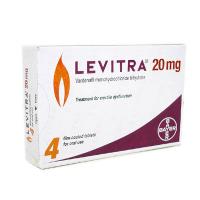


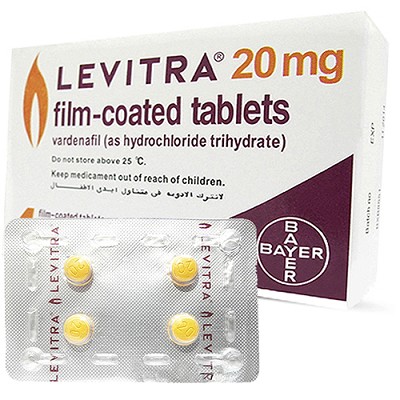
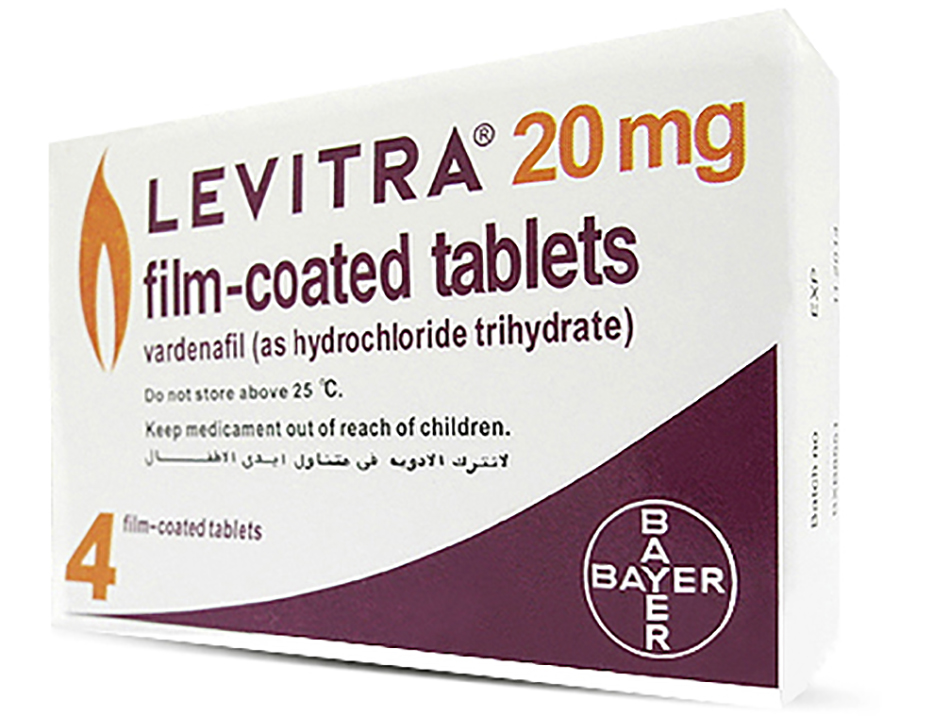
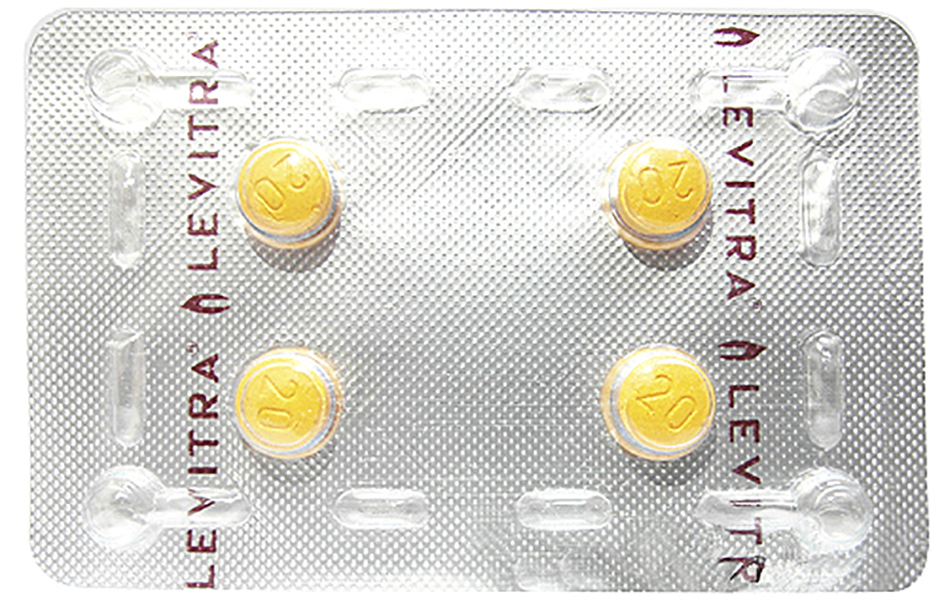
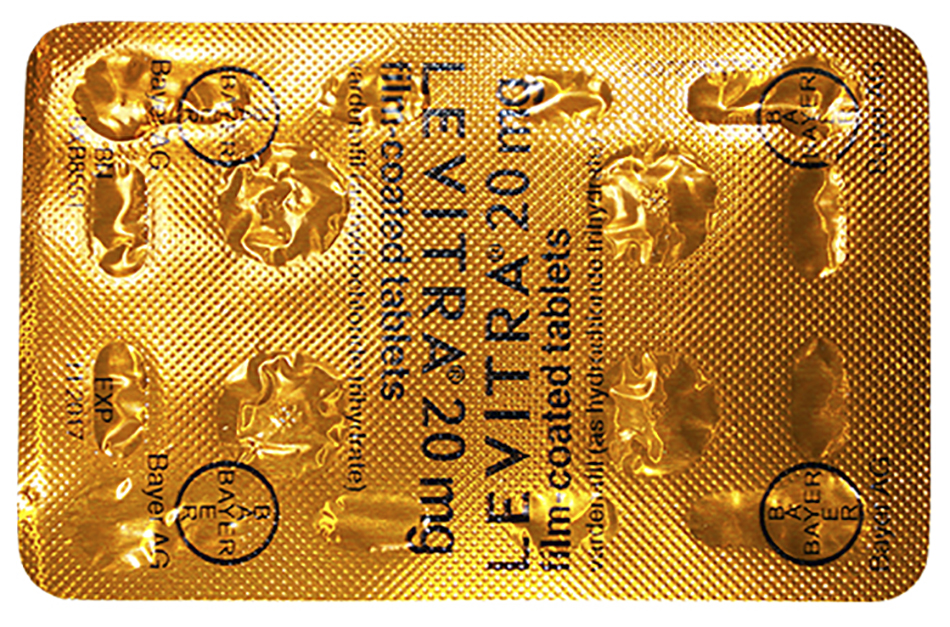


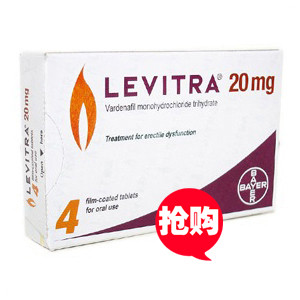
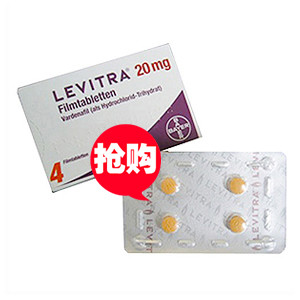
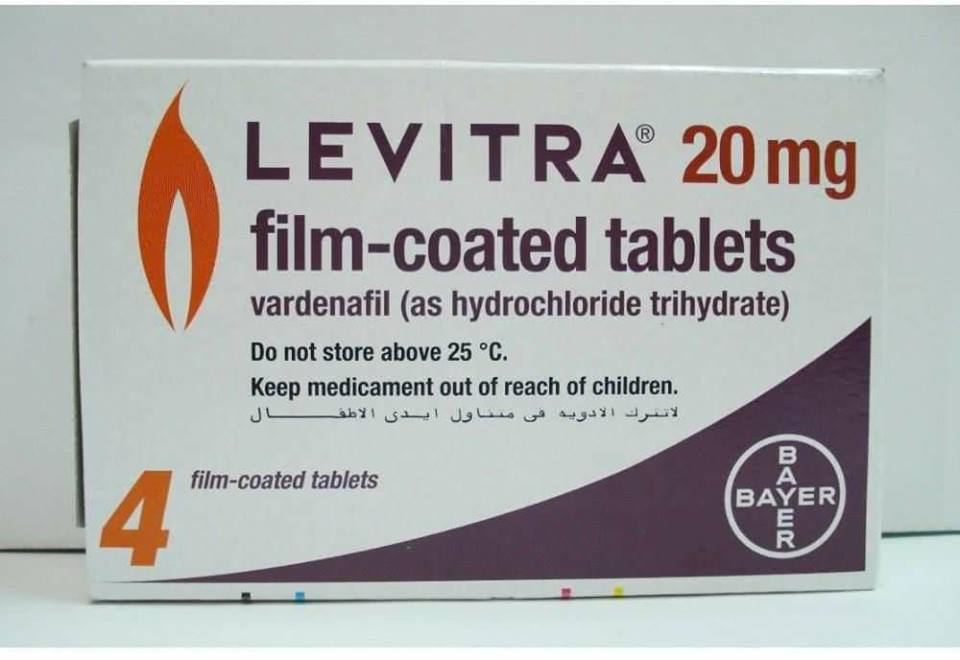
 不是问题,延时,增加硬度,战斗力整体升级!
不是问题,延时,增加硬度,战斗力整体升级! 里面是高浓度的植物精华成分
里面是高浓度的植物精华成分






